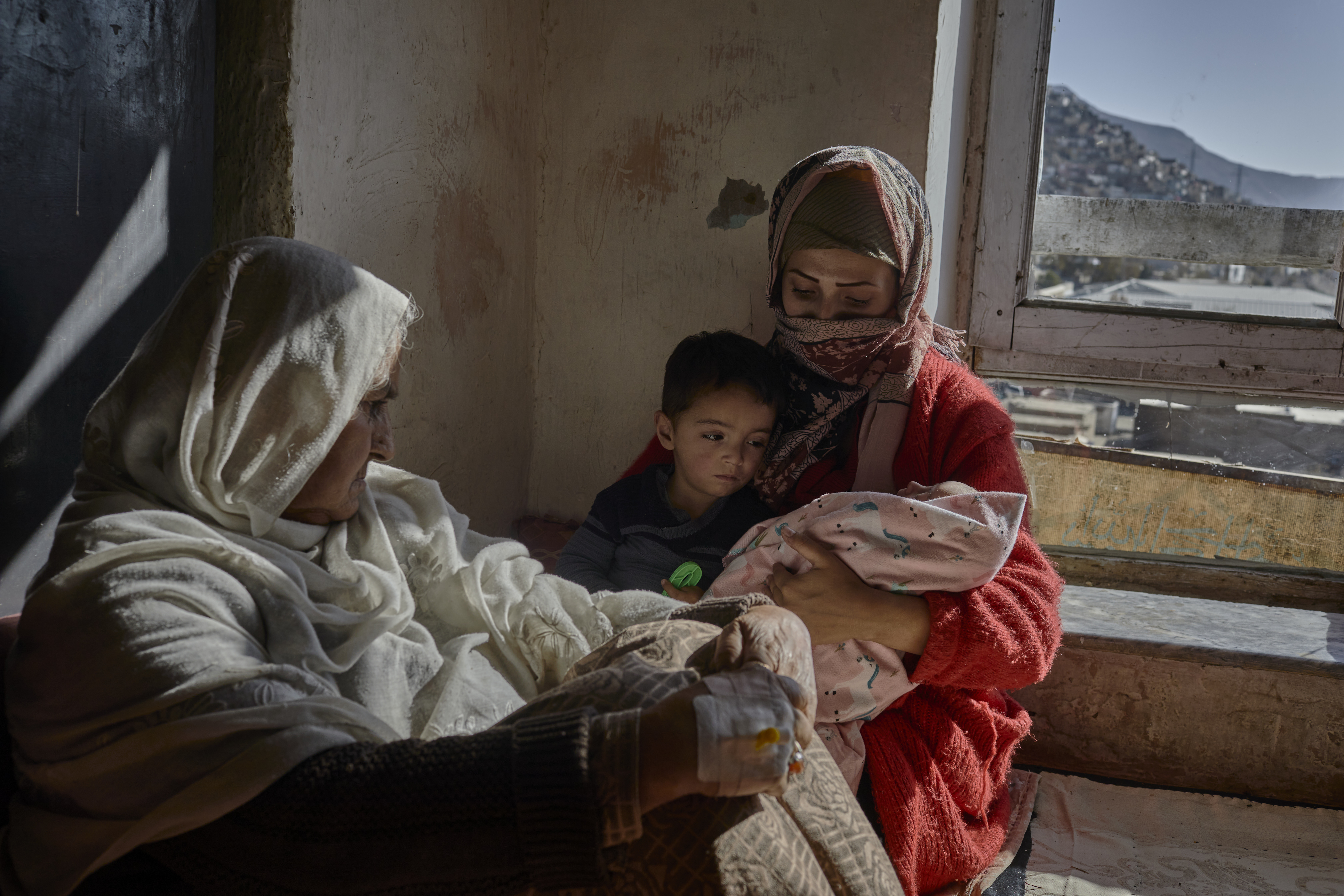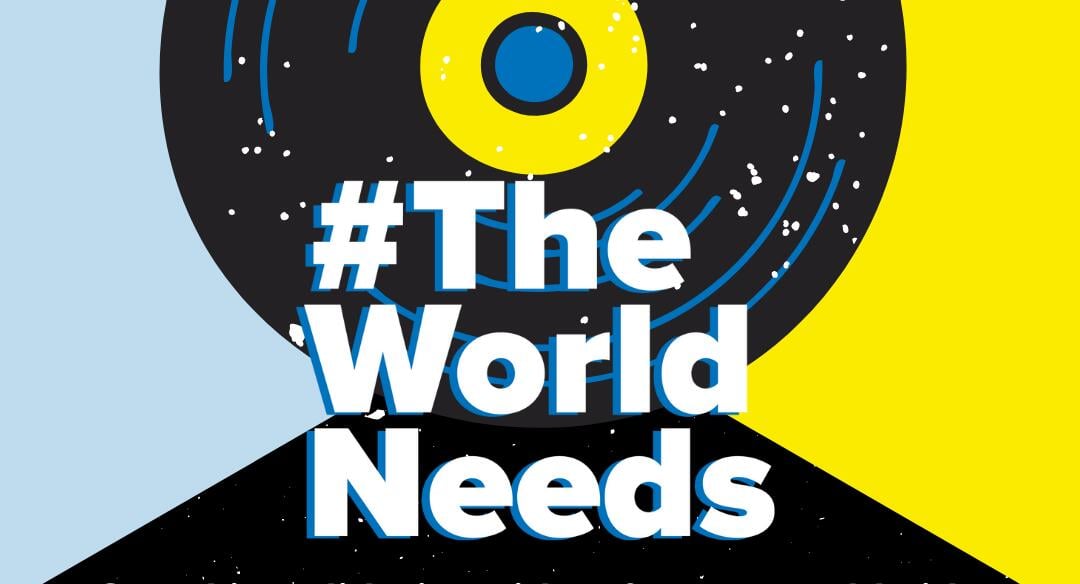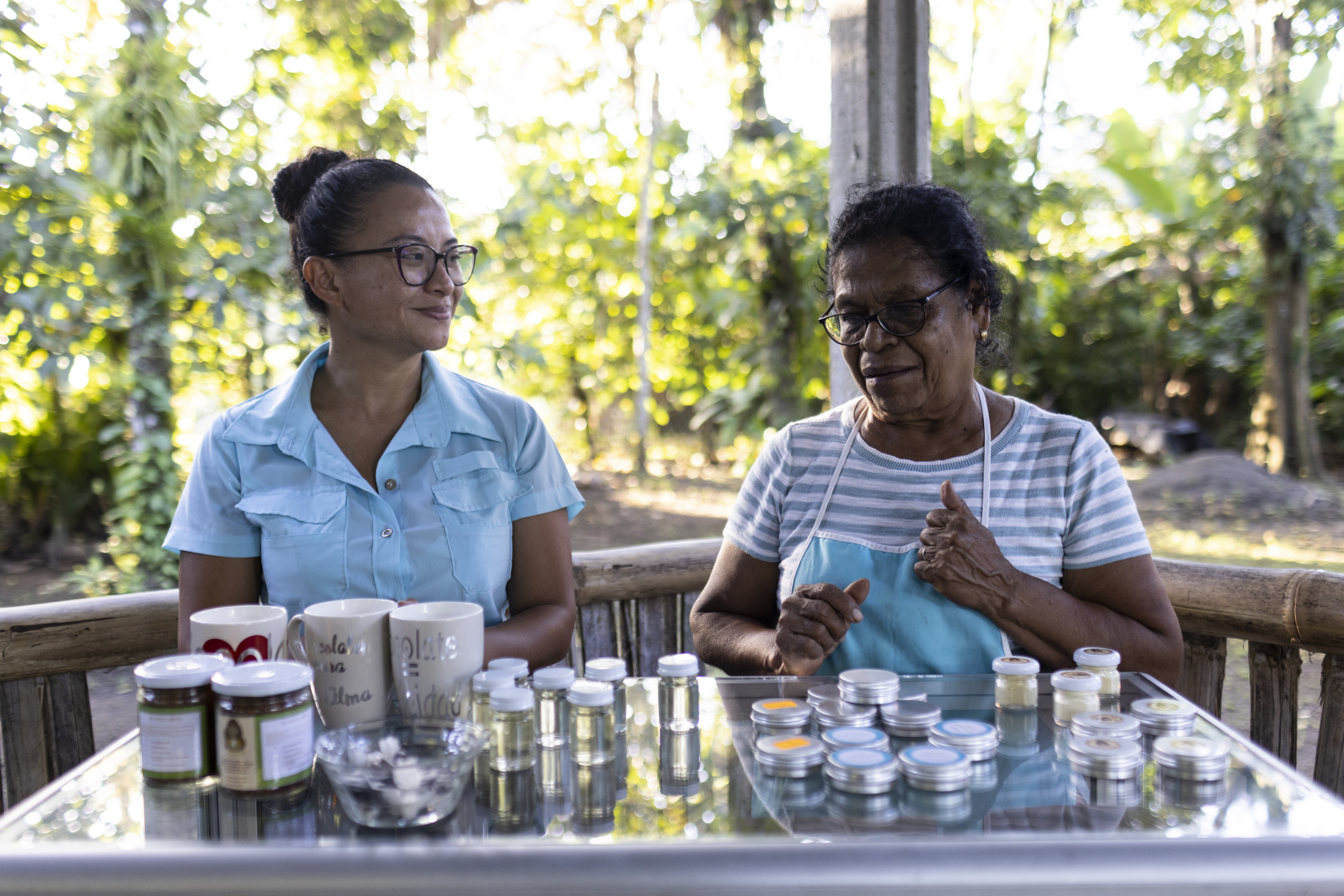UNHCR backs 16 days of opposition to violence against women
UNHCR backs 16 days of opposition to violence against women

GENEVA, November 25 (UNHCR) - UN High Commissioner for Refugees António Guterres on Tuesday said UNHCR needs to pay urgent and close attention to the prevention and response to sexual and gender-based violence (SGBV).
"Sexual and gender-based violence is a major scourge, continuing to affect many persons of concern to UNHCR, especially women and girls," Guterres noted in a message to staff to mark the start of the annual 16 Days of Activism to Eliminate Violence Against Women, an international campaign originating from the first Women's Global Leadership Institute in 1991.
This year's theme is, "Human Rights for Women & Human Rights for All: Universal Declaration of Human Rights 60."
Guterres wrote that during a trip last December to the troubled Congolese province of North Kivu, he had been struck by the appalling stories told by displaced women he met who had survived SGBV.
"Their personal tragedies were compounded by this horrible scar, by having to live in constant fear of repeated attacks and reprisals, and in some cases, by ostracization by their families and communities. This is unacceptable," he added. Women have been subject to SGBV during the latest violence in North Kivu, which has displaced some 250,000 people since August.
The High Commissioner said the annual 16 Days of Activism, which end on International Human Rights Day (December 10), provided an opportunity to raise awareness "on this pervasive global problem."
Guterres said there had been some positive developments in 2008, including the UN Security Council's adoption of Resolution 1820, which recognizes sexual violence as a self-standing security issue for the first time. The High Commissioner also noted that he had allocated US$1.5 million this year to special projects in 14 countries to strengthen existing UNHCR efforts to prevent and respond to SGBV.
UNHCR offices around the world will be will be organizing a wide range of events and activities over the next 16 days to raise awareness and demonstrate their commitment to the elimination of SGBV. In Geneva, the programme started a day early when Deputy High Commissioner L. Craig Johnstone launched an initiative dubbed "Hands United Against Harm."
Staff in the headquarters building are being encouraged to have coloured prints of their scanned hands displayed on banners around the atrium as a commitment against SGBV. Many other activities are planned in Geneva, including a panel discussion on SGBV on Tuesday and an art exhibition next week to highlight the problem of female genital mutilation.
"We as an organization have a very special interest in the issue of violence against women because refugee women are affected more than any other women's population group in the world," Johnstone said on Monday, adding: "It's incumbent on us to really take a lead in trying to fight violence against women."
UNHCR staff, especially men, are being encouraged in Geneva and other offices to wear white ribbons to symbolize support for establishing a world in which women and girls can live in peace and dignity. Wearing a white ribbon is a personal pledge never to commit, condone nor remain silent about violence against women.
Several field offices will run their own versions of the "Hands United Against Harm" campaign. In the Mozambican capital, Maputo, visitors to UNHCR are being encouraged to put a white handprint on a black canvas background, which will be displayed in the office. In Kenya, people will be invited on December 5 to leave their handprints on a "pledge wall" to show their support for the campaign against violence.
Activities run by other offices include cultural activities, discussions, essay competitions about violence and how it can be curbed. In Botswana's Dukwi Refugee Camp, the UN refugee agency will help run a children's drama contest on Wednesday. The young refugee thespians will use drama to examine a host of issues, including domestic violence, SGBV and HIV/AIDS. The top two groups will vie in a final round on December 5.
In nearby Angola, refugee women living in the Sungui settlement in Bengo province have pledged to donate fruit and vegetables during the 16 Days to refugees in the Viana settlement who have no access to agricultural land.
There will also be several events, including photo and art exhibitions, in the Democratic Republic of the Congo, where women continue to suffer abuse and violence. UN Secretary-General Ban Ki-moon, in a report to the UN Security Council covering the period from July to November, said government forces and rebel soldiers in North Kivu had carried out a wide range of human rights abuses, including rape.








